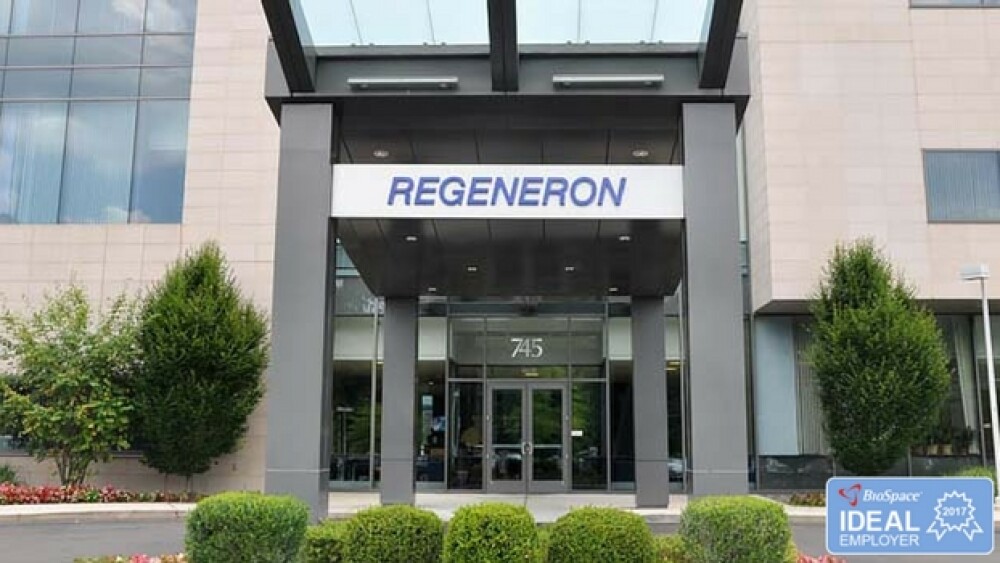Today it was announced that the U.S. Food and Drug Administration approved Regeneron Pharmaceuticals’ prefilled syringes for Eylea.
August has proved to be a busy month for Regeneron. Today it was announced that the U.S. Food and Drug Administration (FDA) approved Regeneron Pharmaceuticals’ prefilled syringes for Eylea (aflibercept). This provides doctors with a new way to administer the drug that requires fewer steps. The product should be available by the end of the year.
Overall, the drug is approved for diabetic retinopathy, diabetic macular edema (DME), wet age-related macular degeneration (AMD) and macular edema following retinal vein occlusion (MEfRVO). Net sales for the second quarter of 2019 of the drug were $1.16 billion, an increase of 17% compared to the second quarter of 2018. The drug was approved in May for diabetic retinopathy.
The new formulation is the same medication but is easier to use. The drug is a vascular endothelial growth factor (VEGF) inhibitor that is injected into the eye. It blocks the growth of new blood vessels and decreases the ability of fluid to pass through those blood vessels in the eye.
“With eight pivotal Phase III trials and millions of injections used around the world, Eylea sets a high bar for visual acuity and safety across multiple retinal diseases, including wet age-related macular degeneration and diabetic eye diseases,” stated George D. Yancopoulos, president and chief scientific officer of Regeneron. “This approval may help doctors more conveniently and efficiently deliver Eylea to appropriate patients.”
Yesterday the company announced that study investigators informed the company that a clinical trial evaluating four investigation therapies for Ebola virus was halted early because REGN-EB3 was superior to ZMapp in preventing death. ZMapp, which is manufactured by Mapp Biopharmaceuticals, was being used as the control treatment because it was considered standard-of-care.
The independent safety monitoring board stopped the trial after reviewing interim mortality data from 499 patients. The trial was conducted in the Democratic Republic of Congo (DRC), where there is an ongoing Ebola outbreak. In that outbreak, more than 1,600 people have died so far.
REGN-EB3 was invented by Regeneron using its VelociSuite technologies. It combines three fully-human monoclonal antibodies. The FDA and the European Medicines Agency granted it orphan drug designation and it was developed, tested and manufactured as part of a deal in 2015 with the Biomedical Advanced Research and Development Authority (BARDA), part of the Office of the Assistant Secretary for Preparedness and Response at the U.S. Department of Health and Human Services (HHS).
“This trial was conducted in difficult circumstances during a public health emergency, and we appreciate the efforts of the WHO and other experts to add REGN-EB3 to the trial,” stated Sumathi Sivapalasingam, senior director, Early Clinical Development and Experimental Sciences at Regeneron. “This trial is a remarkable advance in the decades-long struggle to respond to Ebola and we appreciate the tremendous efforts of the many governmental and non-governmental organizations who made it possible.”
It’s been a busy month so far for Regeneron. On August 6 the company and Sanofi announced that its Phase III trial of Dupixent (dupilumab) for severe atopic dermatitis in children ages 6 to 11 met its primary and secondary endpoints. On the same day, the European Commission approved Dupixent for moderate-to-severe atopic dermatitis in patients aged 12 and above.





